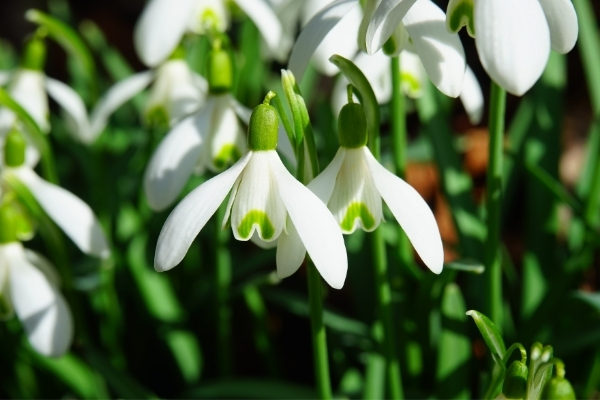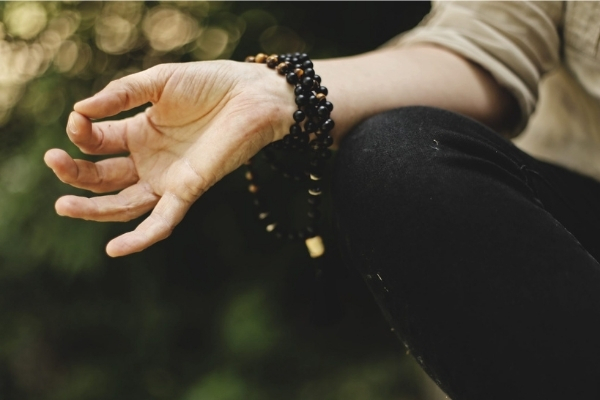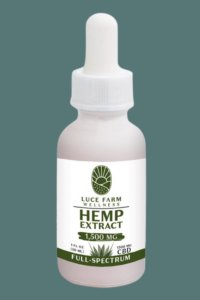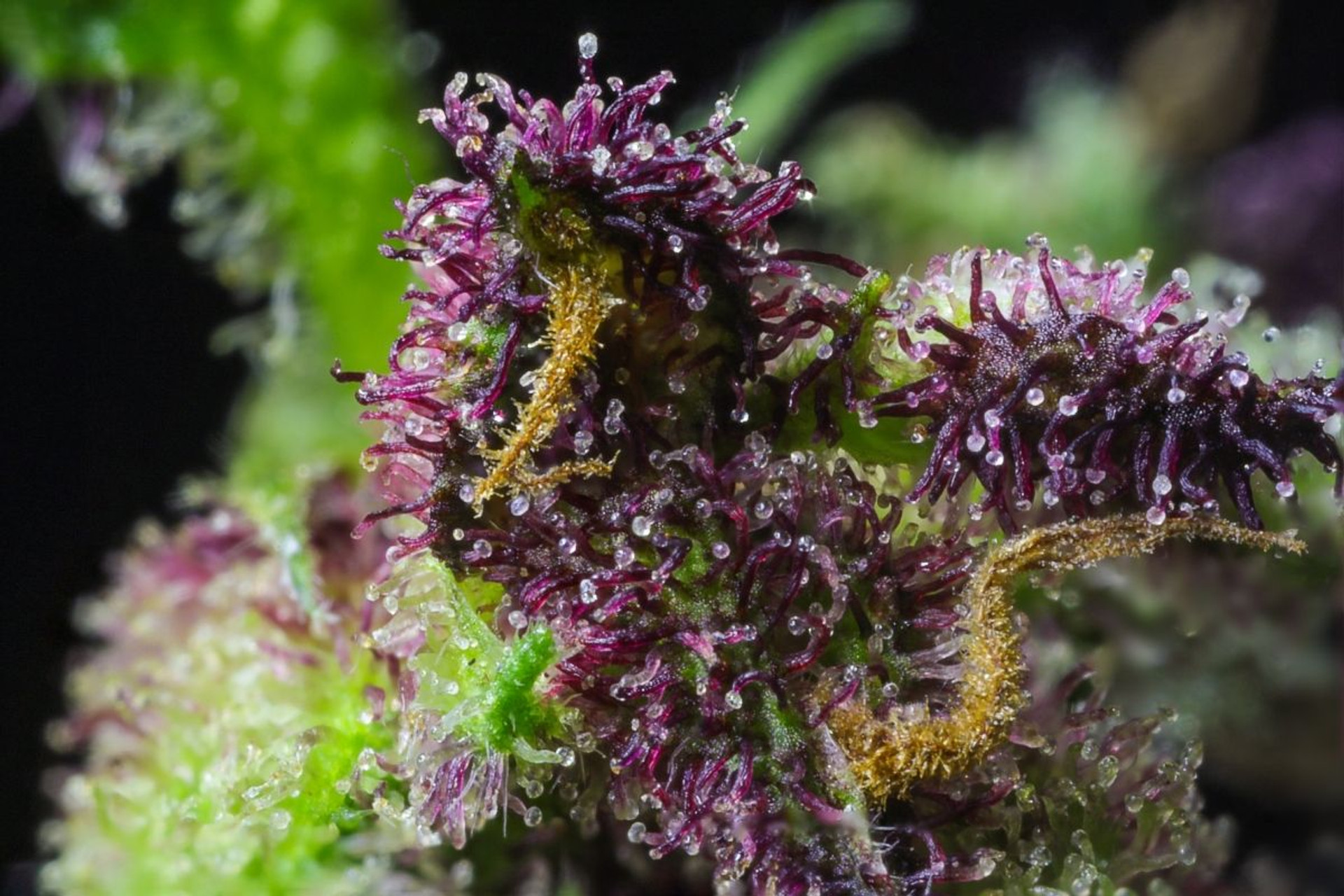Feeling Anxious? What to Do About It
12th Apr 2021
I’m guessing you’ve felt nervous before a specific event. Whether it was a big test, walking into a party, or maybe a job interview. If so, you’re acquainted with the feeling we call anxiety. It can manifest as worry, fear or even dread, and has both an emotional and physical component.
Anxiety can be overwhelmingly strong on the inside, but invisible to others around you. And, while uncomfortable, it’s not just here to torture us. Anxiety is a common response to a perceived threat. It’s linked to our fight or flight response that has evolved to boost our chances of survival.
Anxiety is normal and relatively harmless when short lived. However, if it’s causing significant difficulty, distress, or impairment in your life, it’s qualified as a disorder. That can be the case if you feel anxious for prolonged periods of time or have worries that are disproportionate to the situation. Avoiding normal behaviors or environments is a symptom of anxiety that requires attention. Put simply, if you’re not able to do the activities you want or fully be the person you are because of anxiety, it’s affecting your quality of life.
Anxiety is best understood on a spectrum, from mild to severe, and can be a symptom for different conditions. These include generalized anxiety disorder, panic disorder, PTSD, social anxiety disorder and more. Let's take a closer look at what causes anxiety and what you can do about it.
What Causes Anxiety
Occasional anxiety is common when dealing with stressful events and big changes, like those surfaced by the COVID-19 pandemic. Anxiety is often connected to a feeling of fear or tension about the future, which we’ve experienced an abundance of globally in recent times. It can be about an upcoming event, or if you wrap yourself into knots of “what ifs” about hypothetical outcomes.
There are many factors driving anxiety and they’re different for every individual. Some causes explain mild anxiety, while others lead to serious anxiety that benefits from professional intervention. Examples include:
Daily Life

Our day to day lives can be the core of everything from mild to severe anxiety. The causes can look like a build up of exhaustion, consistent uncertainty, financial burdens, or health concerns.
Although we’re no longer at risk of being attacked by a predator in the wild, modern-day challenges nonetheless leave people feeling unsafe. The world starts to feel like a dangerous place - allowing anxiety to take root beyond healthy levels. Sometimes, after all the threats are gone, one stays stuck in this sense of danger, on-guard for ambushes around an imaginary corner. This makes relaxing difficult, if not impossible.
Childhood Trauma
Having gone through traumatic moments as a child is a common trigger for people with anxiety issues. Trauma can be understood as an extraordinary stressful event or a series of strongly stressful occurrences happening over time.
Some examples of trauma are easier to identify, like losing a parent at a young age or being abused. But trauma doesn’t always fit the typical definition. Sometimes, trauma can be subtle and therefore harder to identify, yet its effects are as real as any. For example, it can present as neglect by caretakers or being consistently bullied and socially excluded.
Genetics
Does nature or nurture define your anxiety levels? While we know nurture impacts anxiety, studies suggest that genetics can have an effect on anxiety as well. For example, having a parent with an anxiety disorder might lead to a greater predisposition for the child too.
But it's not just all in the genes. If the parent models anxious behavior, the nurture can compound on nature and increase the likelihood of a child developing their own anxiety disorder. While there’s more research needed, it seems that genetics rarely tilt the balance in one direction on their own.
How to Handle Anxiety
No one likes feeling anxious and there are tools to mitigate and prevent it. Here are some ideas for coping with anxiety that can help.
Breaking a Sweat
When feeling anxious you might prefer to curl yourself into a ball, hide under a blanket and never come out. That’s normal. However, even if it’s counterintuitive, studies show that exercise can help relieve anxiety. In fact, it may be one of the best non-medical interventions at your disposal.
Not only does exercise divert your attention, but it can also affect your brain chemistry, increasing anti-anxiety neurochemicals like serotonin. In simple terms, exercise has all the ingredients to boost your mood. The positive effect of exercise can last anywhere from a few hours to a few days, depending on the person.
Anti-Anxiety Diet
Have you ever noticed that “stressed” is “desserts” spelled backwards? If you’re anything like us, you intimately know those sugar cravings that come with angst. Or maybe your weakness is salty, high-fat junk food. Whatever your food vice, the way we eat can affect our anxiety levels. If you eat foods from the “cheat day” section of the food pyramid to manage your state, any mental benefits will be short-lived compared to the tax it will take on you. The best anti-anxiety diet is to stick to clean, nutritious whole foods.
It's also helpful to eat at consistent hours and not too late This will allow your body to digest and help you have a good night’s sleep. That’s important for managing anxiety as your nervous system does a lot of its work in concert with your circadian rhythm. Read more about how to have the sleep of your dreams here.

Mindfulness and Meditation
Anxiety can grab a hold of you and keep you frozen in fear. Meditation and mindfulness can be the defroster to melt your worries away. They help you take a step back and distance yourself from your thoughts and feelings. The key is to become the observer. Over 200 studies have found that mindfulness-based therapy can reduce anxiety.
You can get started on mindfulness and meditation with a book or video, right at home. There are a lot of great resources available for free. If you want to dive deeper you can join a course or work one-on-one with a teacher or therapist.
Therapy
Did you know that only a little over 1/3rd of people receive treatment for anxiety, despite it being common and highly treatable? Getting help first requires acknowledging that something is not right. That can feel like admitting weakness, but it’s actually an act of great courage and strength.
There are various therapies for anxiety disorders. A common one is CBT (cognitive behavioral therapy). It focuses on identifying unhelpful thinking and behavior patterns and exchanging them for better coping mechanisms. In fact, some studies show that it can be as or even more effective than pharmaceutical interventions for anxiety disorders.
Another notable therapy for anxiety is ACT, or acceptance and commitment therapy. It’s grown out of the CBT movement, but whereas CBT is focused on helping you change, ACT is about helping you accept. It’s more mindfulness-based and aims to help a person be present and develop a different relationship to anxious states. It seeks to help create freedom from the grip those states have on your life, even if we can’t remove them outright.
Herbal Remedies
Does CBD help with anxiety? At this time, the scientific evidence to support such a claim is lacking. However, it doesn’t mean CBD is ineffective either. There needs to be more controlled clinical trials to reveal the truth of the matter and a lot more research is required.
 That said, while the research is not yet conclusive, studies are showing promise in CBD’s ability to have an effect on anxiety. In fact, a review of existing studies has shown that existing preclinical evidence strongly supports CBD as a treatment for anxiety-based disorders. For example, a study done on fear of public speaking found that CBD effectively reduced anxiety in participants. And while we still don’t know how, clinical research shows that CBD has interactions with receptors in the nervous system that are known to regulate fear and anxiety.
That said, while the research is not yet conclusive, studies are showing promise in CBD’s ability to have an effect on anxiety. In fact, a review of existing studies has shown that existing preclinical evidence strongly supports CBD as a treatment for anxiety-based disorders. For example, a study done on fear of public speaking found that CBD effectively reduced anxiety in participants. And while we still don’t know how, clinical research shows that CBD has interactions with receptors in the nervous system that are known to regulate fear and anxiety.
CBD has personally helped us cope with anxiety, and we use it with that intention in mind. If you’re interested in trying CBD to help with anxiety, make sure to take high-quality full-spectrum CBD.
So if you struggle with anxiety, know that you’re not alone. Data shows that around 20%-30% of Americans are affected by it. Show compassion to yourself. Many people with anxiety disorders understand that their worries may be irrational, but it doesn’t help stop them. This can lead to feeling out of control, which is difficult for even the strongest of us.
Try out our tips if they feel right for you. Talk to people you trust so you’re not alone. And if your anxiety is strong, consult a doctor or mental health professional.
